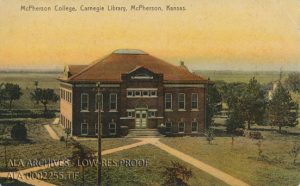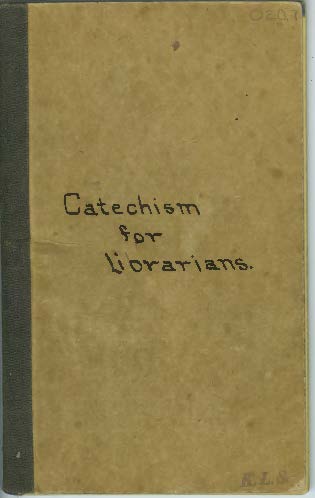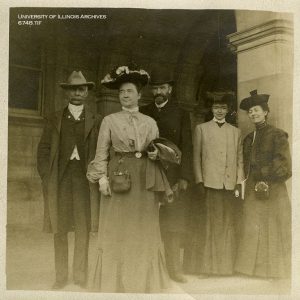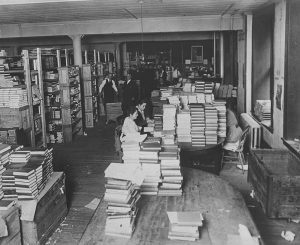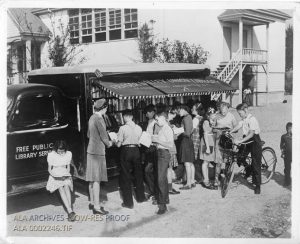
A relatively new addition to National Library Week, the first National Bookmobile Day was celebrated in 2010, to recognize over one hundred years of service that bookmobiles and direct-delivery outreach services have contributed to bringing information, technology, and resources to all readers.[1]
Continue reading “Celebrating National Bookmobile Day at the ALA Archives”
